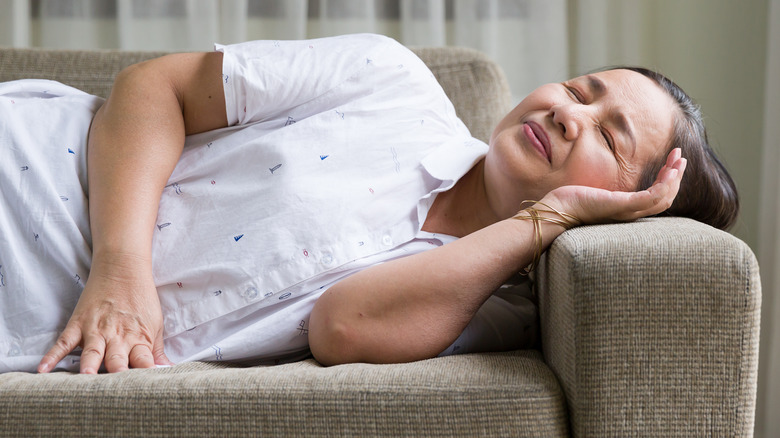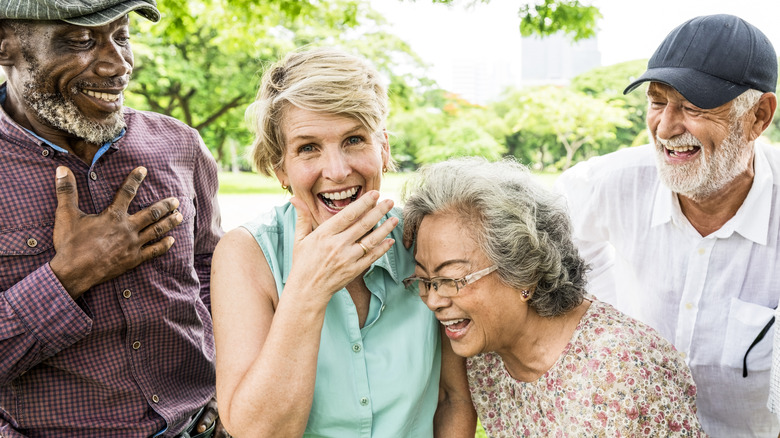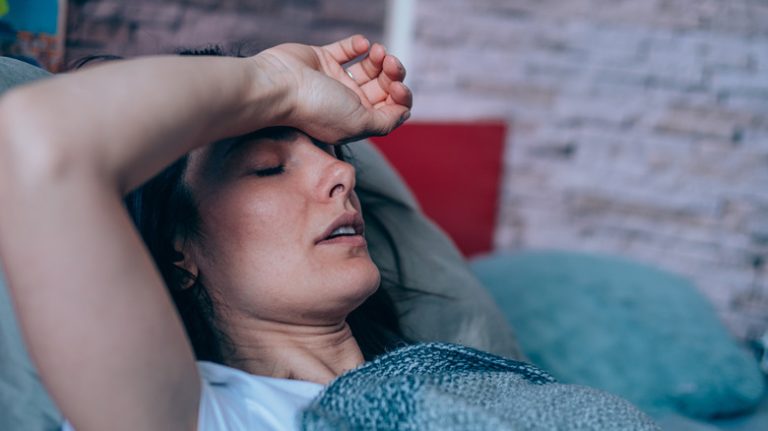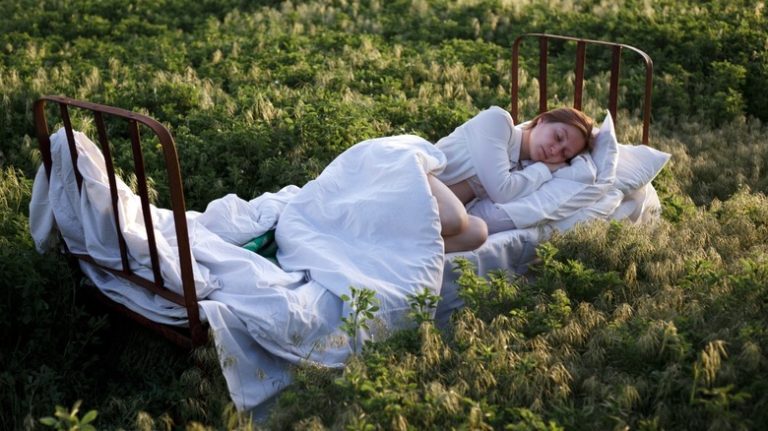Change is natural as we progress through different phases of life. The shifts we experience as we grow older may include new perspectives on life, family, or career changes, as well as physiological changes in the body.
Humans undergo a host of physical changes as we age. To name a few, a 2024 study published in Cell Reports found that the balance of bacteria in our gut shifts dramatically as we get older. Additionally, research from a 2024 study conducted in Germany reveals that our immune system function gradually declines with age. Not only that, but a 2024 study published in Proceedings of the National Academy of Sciences determined that our natural internal body clock also begins to shift as we grow older. Researchers were able to attribute this shift to aging-related changes that took place in participant genes associated with sleep and cognitive function.
With all these physical changes, it’s natural to think that a dip in energy levels may be among them. According to experts at CNN however, an increase in tiredness as we age may not be as normal as you might think.
Reasons you may be feeling tired as you age

Certain bodily changes we experience as we get older can give off the feeling of tiredness, even though no real depletion of energy is taking place, according to Invigor Medical. One such example includes a decrease in estrogen and testosterone production that takes place as we age. Subsequently, this results in changes to our digestive function, muscle strength, and metabolism, all of which can leave us feeling low on energy.
However, women’s health physician, Dr. Aviva Romm, tells Well+Good that whether you’re 25 or 55, age itself has little to do with why you may be struggling to get out of bed in the morning. Rather, it can more likely be attributed to lifestyle factors. “Often, people do feel more tired as they get older, but it’s because they’re not getting enough sleep, eating right, or exercising regularly, not because they’re older,” Dr. Romm tells the outlet.
Additionally, experts at Invigor Medical state that excessive stress or social isolation, which can progressively occur with age, can also lead to feelings of decreased energy. The development of certain health conditions may also be a contributing factor, such as chronic pain, sleep apnea, diabetes, and more.
How to fend off fatigue as you get older

If you suspect your decrease in energy may be tied to a physical health condition, be sure to consult with your physician for proper diagnosis and treatment (per Well+Good). Otherwise, experts offer suggestions to help keep our energy pumping as we get older.
Staying adequately hydrated, maintaining a healthy diet, and getting eight hours of sleep per night are key, according to experts at Invigor Medical. Conversely, taking long naps or consuming large amounts of caffeine, sugar, or alcohol can have the opposite effect on our energy levels, reports WebMD. Additionally, aim for 20 minutes of physical activity daily (per Invigor Medical). Walking, swimming, or dancing are great options for those over the age of 60 (via WebMD). Maintaining our mental and emotional health can also help boost our energy levels. Therefore, consider engaging in meditation, yoga, or other mindfulness practices. Finally, check to see if energy loss is listed as a side effect on any prescription medications, and speak with your doctor if it interferes with your day-to-day life.



